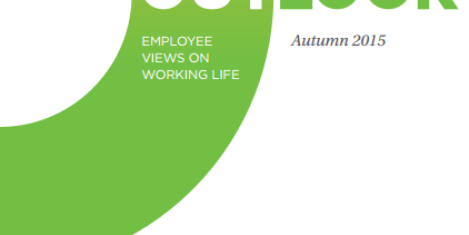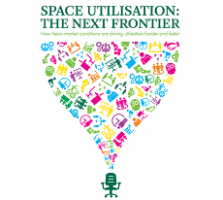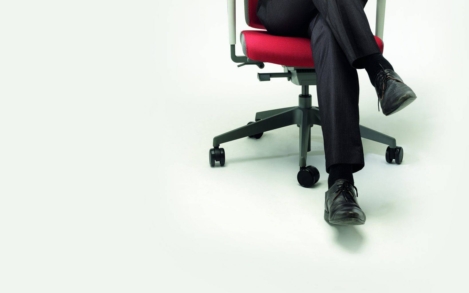November 15, 2015
Acas analysis for anti-bullying week reveals workplace bullying is on the rise 0
 Workplace bullying is on the rise but many people are too afraid to talk about it according to a new study by Acas published to mark the beginning of anti-bullying week. The paper Seeking better solutions: tackling bullying and ill-treatment in Britain’s workplaces looks at the latest research on workplace bullying as well as calls to the Acas helpline. The analysis claims that bullying and ill-treatment is growing in Britain; and there are more incidents of bullying within certain groups such as public sector minority ethnic workers; women in traditionally male-dominated occupations; workers with disabilities or long-term health problems; lesbian, gay and bisexual and transgender people; and workers in health care. The helpline has received around 20,000 calls over the past year with some callers reporting that bullying caused them to self-harm or consider suicide.
Workplace bullying is on the rise but many people are too afraid to talk about it according to a new study by Acas published to mark the beginning of anti-bullying week. The paper Seeking better solutions: tackling bullying and ill-treatment in Britain’s workplaces looks at the latest research on workplace bullying as well as calls to the Acas helpline. The analysis claims that bullying and ill-treatment is growing in Britain; and there are more incidents of bullying within certain groups such as public sector minority ethnic workers; women in traditionally male-dominated occupations; workers with disabilities or long-term health problems; lesbian, gay and bisexual and transgender people; and workers in health care. The helpline has received around 20,000 calls over the past year with some callers reporting that bullying caused them to self-harm or consider suicide.



















 In years gone by, a ‘one size fits all’ approach to office design might have been the norm, but as the decades have progressed, so too have the options available to businesses designing ‘homes from home’ for their office-based workforces. As new interpretations of the office environment proliferated, so the open plan model came to into being and eventually evolved into the default office design model. This initially brought greater variety than ever before but, ultimately, a one size fits all mentality in
In years gone by, a ‘one size fits all’ approach to office design might have been the norm, but as the decades have progressed, so too have the options available to businesses designing ‘homes from home’ for their office-based workforces. As new interpretations of the office environment proliferated, so the open plan model came to into being and eventually evolved into the default office design model. This initially brought greater variety than ever before but, ultimately, a one size fits all mentality in 












November 12, 2015
The three workplace professions need to face up to a new reality 0
by Mark Eltringham • Comment, Facilities management, Technology, Workplace
(more…)